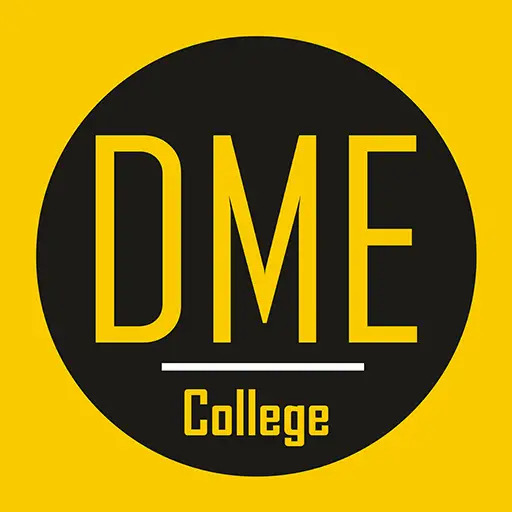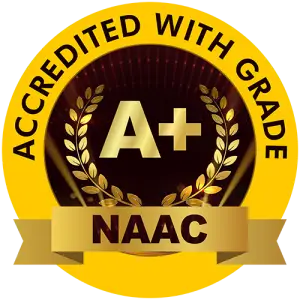Teaching Learning
-
PO CO
-
GGSIPU Syllabus
-
Time Table
-
Academic Calendar
-
MOOC
-
Assessment Methods
-
Supporting Documents
| S.No. | Title | Download |
| 1 | BALLB (2014) | |
| 2 | BBALLB (2014) | |
| 3 | BA(JMC) 2016 | |
| 4 | BBA (2017-18) | |
| 5 | BBA (2021) | |
| 6 | Process of CO-PO Attainment |
Delhi Metropolitan Education (DME) ensures effective curriculum planning and academic delivery. The institute has a well-laid process to ensure effective syllabi delivery. The process starts every year with the preparation of the Academic Calendar.
Academic Calendar: The institute follows the academic calendar notified by GGSIPU and prepares DME academic calendar accordingly. The Director along with the Head of Schools while preparing the academic calendar adheres to the university guidelines/directions on the course starting and completion dates, internal assessment, gazetted holidays, semester break, university events/festivals, internship time, commemorative days, etc. The calendar also includes academic and cultural events, including conferences/seminars, webinars, guest lectures, panel discussions, field trips, Sports Day, Student Festival, and Foundation Day, within the scope of the university-defined academic calendar.
Subject Allocation and Timetable: Before the commencement of the semester, the Head of the respective schools gets a subject preference filled by the faculty members. The subject is allocated as per their specializations and preference choice. The timetable is prepared for both shifts as per university guidelines and accordingly, faculty members plan and prepare Lesson plans and study material.
Lesson Plans and Course Files: Once the subjects are allocated, the faculty members prepare their lesson plans and study material keeping in mind the Course Outcomes and Programme Outcomes of the respective programs.
In addition to the lesson plan, faculty members also prepare Course Files which contain a syllabus, list of assignments, sample question papers, study material, reference books list, etc. The course files are kept in the library for the student’s reference.
Delivery of Syllabus: HoS along with Academic Coordinator is responsible for the smooth conduct of the classes and implementation of Lesson Plans. Faculty members document their Lesson Plan and delivery details on a regular basis which is from time to time shared with HoS for review. HoS conduct regular meetings, reviews the progress of classes, and takes student feedback (formal and informal) for the smooth functioning of the school.
Continuous Internal Assessment: As notified in the academic calendar the institute adheres to the dates notified by the university for the conduct of the continuous internal assessment.
| S.No. | Title | Download |
| 1 | DME Academic Calender DME 2017-2021 | |
| 2 | GGSIPU Academic Calender 2017-2022 | |
| 3 | Combiend Academic Calender 2017-2022 |
DME Students are joining MOOCs in every alternate semester. MOOC stands for massive open online courses. Traditional MOOCs are free online university courses offered by colleges all over the world that are normally not eligible for credit. Their enrolment can run upwards of 100,000+ students and anyone around the world can register. After registering, DME students’ study at their own pace to watch informative lectures and lessons, complete assignments, and take exams.
Sample Certificates of DME Students Completing MOOC’s:
A variety of assessment methods that are appropriate to a given disciplinary/subject area and a programme of study will be used to assess progress towards the course/programme learning outcomes. Priority will be accorded to formative assessment. Progress towards achievement of learning outcomes will be assessed using the following:
- time-constrained examinations
- closed-book test
- problem based assignments
- practical assignment laboratory reports
- observation of practical skills
- individual project reports (case-study reports)
- team project reports
- oral presentations, including seminar presentation
- viva voce interviews
- computerised adaptive testing
- peer and self-assessment etc. and any other pedagogic approaches as per the context.



